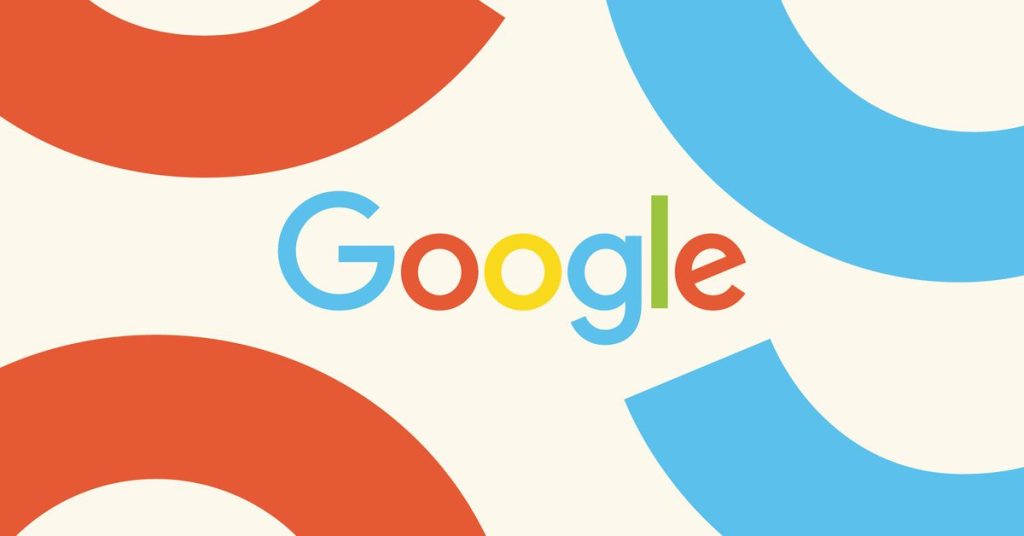Google’s Antitrust Trials: The Search Engine Giant Faces Scrutiny
Google is currently embroiled in not one, but two Department of Justice antitrust trials this year. The first trial, focusing on Google Search, is drawing to a close with closing arguments being presented at the district court in Washington, DC, before Judge Amit Mehta. This landmark case marks the first tech anti-monopoly lawsuit filed by the government in two decades, following the historic US v. Microsoft case.
The Stakes are High for Google
As one of the most valuable companies in the world, the outcome of this trial will have significant implications for Google. If found liable for the antitrust charges, the company could face court-ordered constraints on its behavior or even the drastic measure of breaking up elements of its search business. The judge’s decision will determine whether Google violated Section 2 of the Sherman Antitrust Act through its allegedly anticompetitive conduct in the market for general search engines.
Defining the Relevant Market
A crucial aspect of the trial is defining the relevant market. The DOJ has argued that the relevant market is “general search engines,” which includes Google Search, Bing, and DuckDuckGo, as opposed to specialized search engines that focus on a single category, such as Yelp. The judge’s determination of the relevant market and whether Google is a dominant player in that market will be pivotal to the case’s outcome.
Proving Anticompetitive Behavior
Dominance alone is not sufficient for a violation of antitrust law. The DOJ must also demonstrate that Google used its dominance to box out rivals and maintain monopoly power. The government alleges that Google has maintained its monopoly in the general search market through exclusionary contracts that lock up distribution channels, making it difficult for rivals to enter the market and reach scale. Google, on the other hand, argues that it is easy for users to change default search engines and that manufacturers want to partner with Google because of its investment in being the best search engine available.
Judge Mehta’s Questioning Highlights Potential Weaknesses
During the closing arguments, Judge Mehta’s questioning of both the government and Google shed light on potential weaknesses in their cases. He seemed to wrestle with whether Google’s business decisions were reasonable or anticompetitive, such as its data storage practices and its focus on factors other than privacy. The judge also questioned whether the government had effectively proven that Google had erected barriers to entry, citing the example of Neeva, a new search engine that recently entered the market.
Google’s Multibillion-Dollar Deals with Apple Under Scrutiny
One of the most contentious issues in the trial was Google’s massive payments to Apple to remain the default search engine on iOS. The trial revealed that Google paid Apple a staggering $10 billion in 2020 for this default status. Judge Mehta questioned whether this arrangement truly constituted a competitive marketplace, as any potential competitor would need to match or exceed Google’s billions in payments to Apple, in addition to providing a search engine of equal quality.
How is that a competitive marketplace?
Google’s attorney argued that Apple’s ability to leave the agreement every time it expires keeps Google on its toes and competing. However, Judge Mehta countered by asking if it was even possible for a nascent competitor to dislodge Google, given the massive capital and ability to create an equally good search engine without user data that would be required.
As the closing arguments continue on Friday, focusing on the government’s allegations that Google illegally monopolized the market for search advertising, the tech world eagerly awaits the outcome of this landmark case. The trial’s resolution will undoubtedly have far-reaching implications for Google and the future of antitrust regulation in the tech industry.

6 Comments
Is Apple playing with fire, or just savvy business? Let’s debate.
Apple’s dance with Google in court moves the spotlight away from innovation to courtroom dramas, doesn’t it?
Apple’s just making sure their bank account stays as fat as their iPhones, savvy or sinister?
So, Apple’s slicing a huge piece of the pie in this Google deal, controversy or just clever business?
Apple and Google, making it rain in the tech world or brewing a storm? Hard to tell!
Guess Apple knows how to stir the pot and still come out smelling like money, huh?